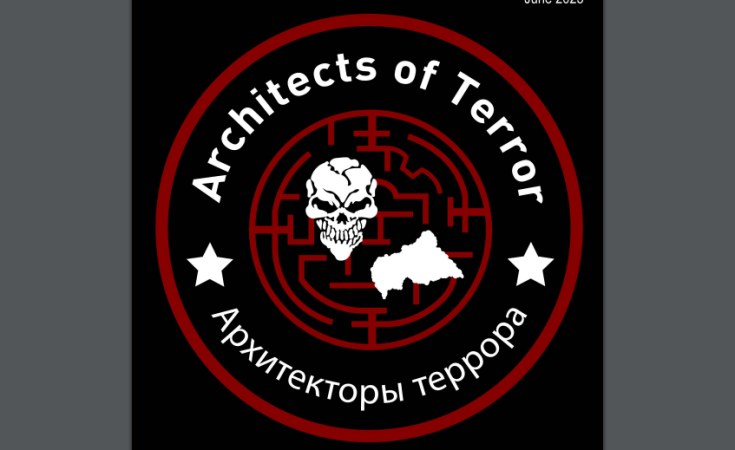Russia's undermining of democracy in Africa is a serious threat to the continent's stability and development, as it became a key player in Africa's geopolitical landscape, using various tactics to undermine democratic processes and consolidate its power. Through a combination of strategic partnerships, disinformation campaigns, and economic leverage, Russia is actively engaged in eroding democratic norms, fostering political instability, and expanding its sphere of influence in Africa, reports the Africa Center for Strategic Studies.
Over the past few years, much attention was paid to democratic backsliding in Africa, reports the Africa Center for Strategic Studies.
Freedom House, a non-governmental organization that monitors democracy and human rights, reports a decline in democracy scores for 31 African countries over the past five years. In spite of the attention given to internal factors, the influence of external authoritarian actors, particularly Russia, often goes unnoticed. For the past 20 years, undermining democracy was a strategic objective of Russia's Africa policy, with authoritarian governments offering fertile ground for Russian influence.
According to the Africa Center for Strategic Studies, Russia's "disruption of democratic processes occurs through both official channels (such as blocking UN resolutions condemning African regimes' human rights abuses or fraudulent electoral claims) and irregular means (such as disinformation campaigns targeting democratic proponents, election interference, the deployment of Wagner paramilitary forces, or illicit arms for resources deals).
"As the nature of these irregular interventions is intentionally opaque, the depth of Russian intervention is often unclear. Nonetheless, the breadth of Russia's efforts to undermine democracy in Africa is remarkable, having actively deployed at least one of these tools in 23 African countries spanning the continent. These interventions weaken African voices, sovereignty, and self-determination, thereby stifling three-quarters of African citizens' aspirations for democracy."
South Africa stands out as an exception
The report highlights that "Russian interference in Africa aims to undermine democracy, particularly via disinformation campaigns and electoral interference. Disinformation campaigns are widespread and target 17 African countries, while electoral interference affects 15 countries. Additionally, Russia supports extra-constitutional claims for power in 14 countries. These tactics often reinforce one another, with disinformation campaigns accompanying efforts to interfere in elections and legitimize coups."
"Russian interference primarily targets African countries with weak democratic institutions. The median Freedom House freedom score for targeted countries is 28, significantly lower than the median score of 51 for countries where Russia's interference is not recognized. In countries where Russia is most active, engaging in multiple undermining elements, the median freedom score drops to 19. Consequently, Russia hampers political rights, civil liberties, and checks and balances in enduring authoritarian systems, despite popular demands for democracy in some countries."
South Africa stands out as an exception due to its strong checks and balances. Russia perceives an opportunity to exploit the country's openness, co-opting leaders and gaining influence.
The report also alarms that "11 of the 23 African countries affected by Russian interference are embroiled in conflict, accounting for three-quarters of all African countries in conflict. Many of these conflicts arise from the ruling parties' refusal to share power, and Russian interference exacerbates the situation by obstructing mediated political solutions. For example, Russian support for Sudan's military government derailed the planned democratic transition, leading to the ensuing conflict."
"Seven of the ten African countries with the highest forced population displacements were targeted by Russian interventions aimed at undermining democracy. This correlation highlights the detrimental consequences of Russian interference in vulnerable populations," reports the Africa Center for Strategic Studies.


